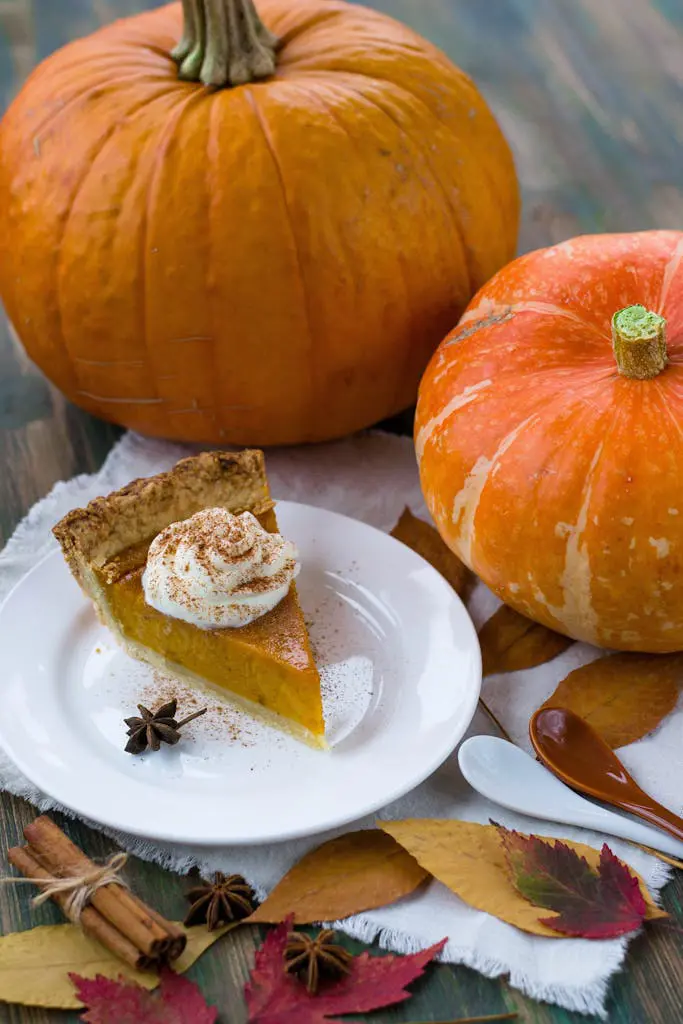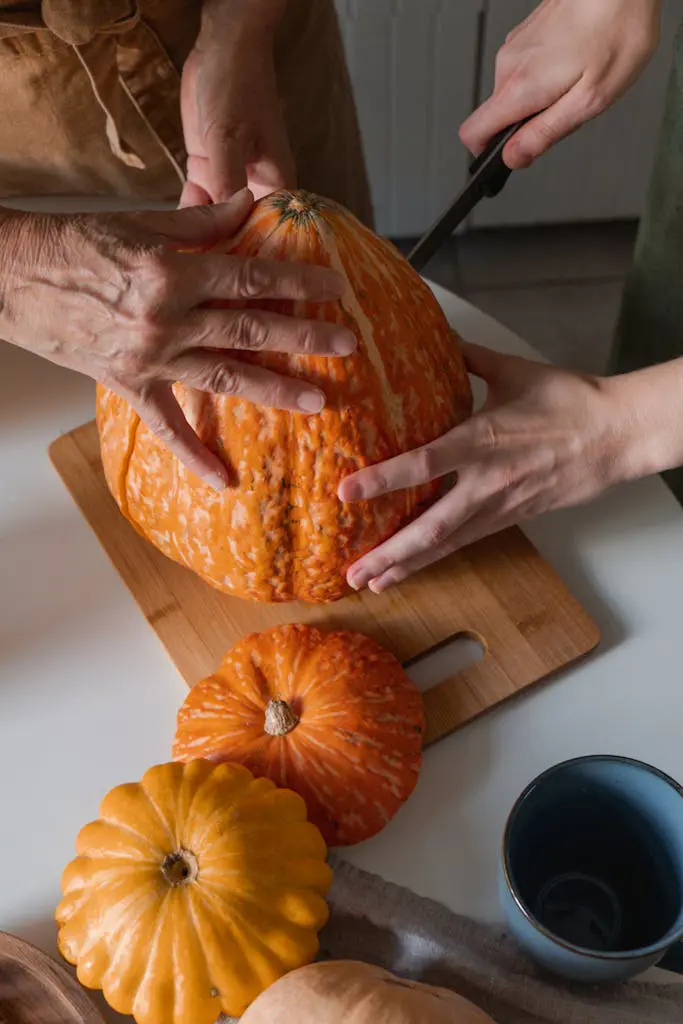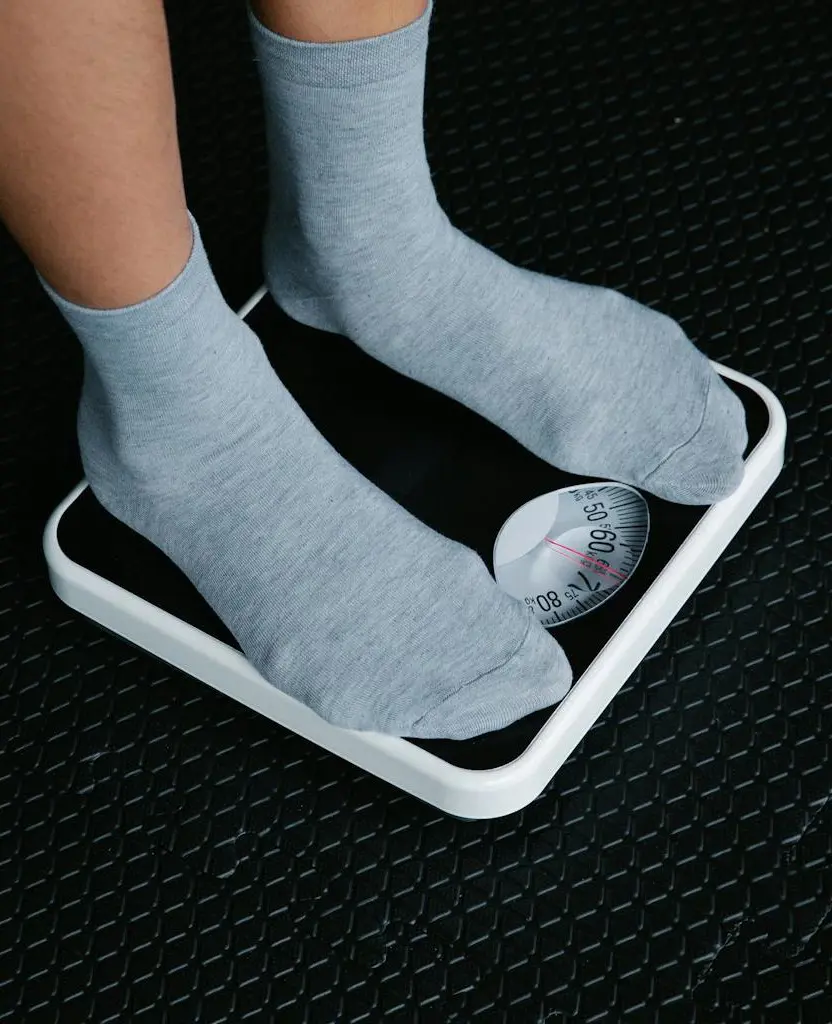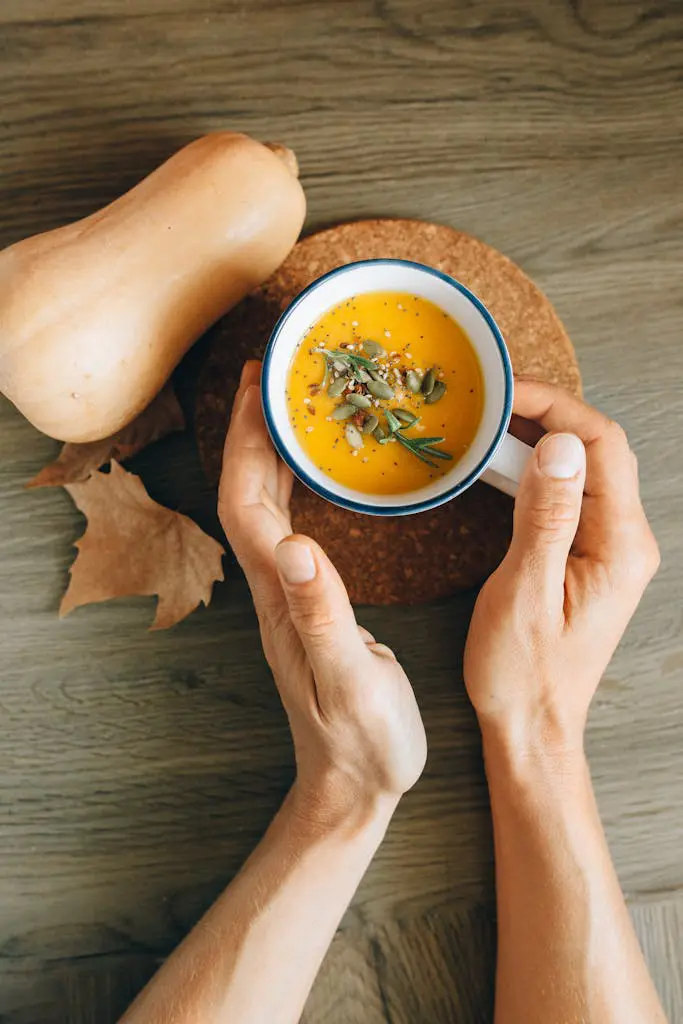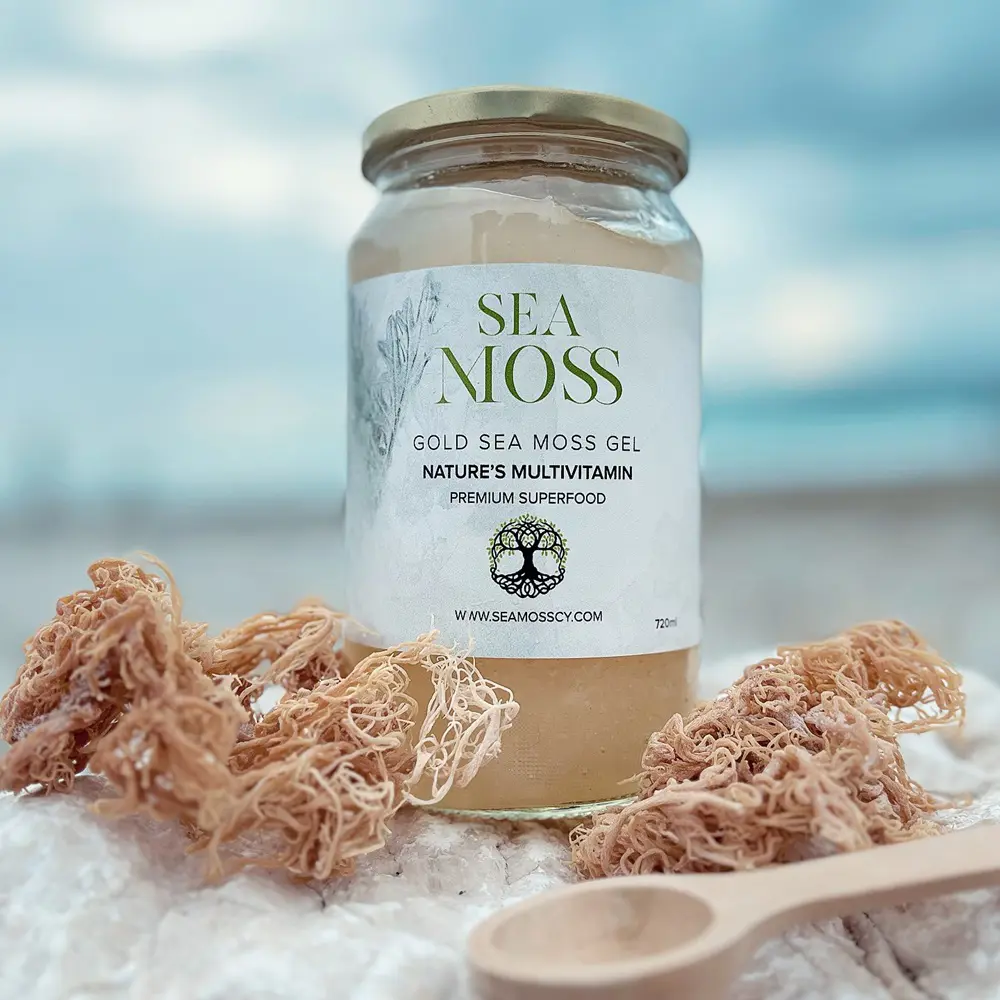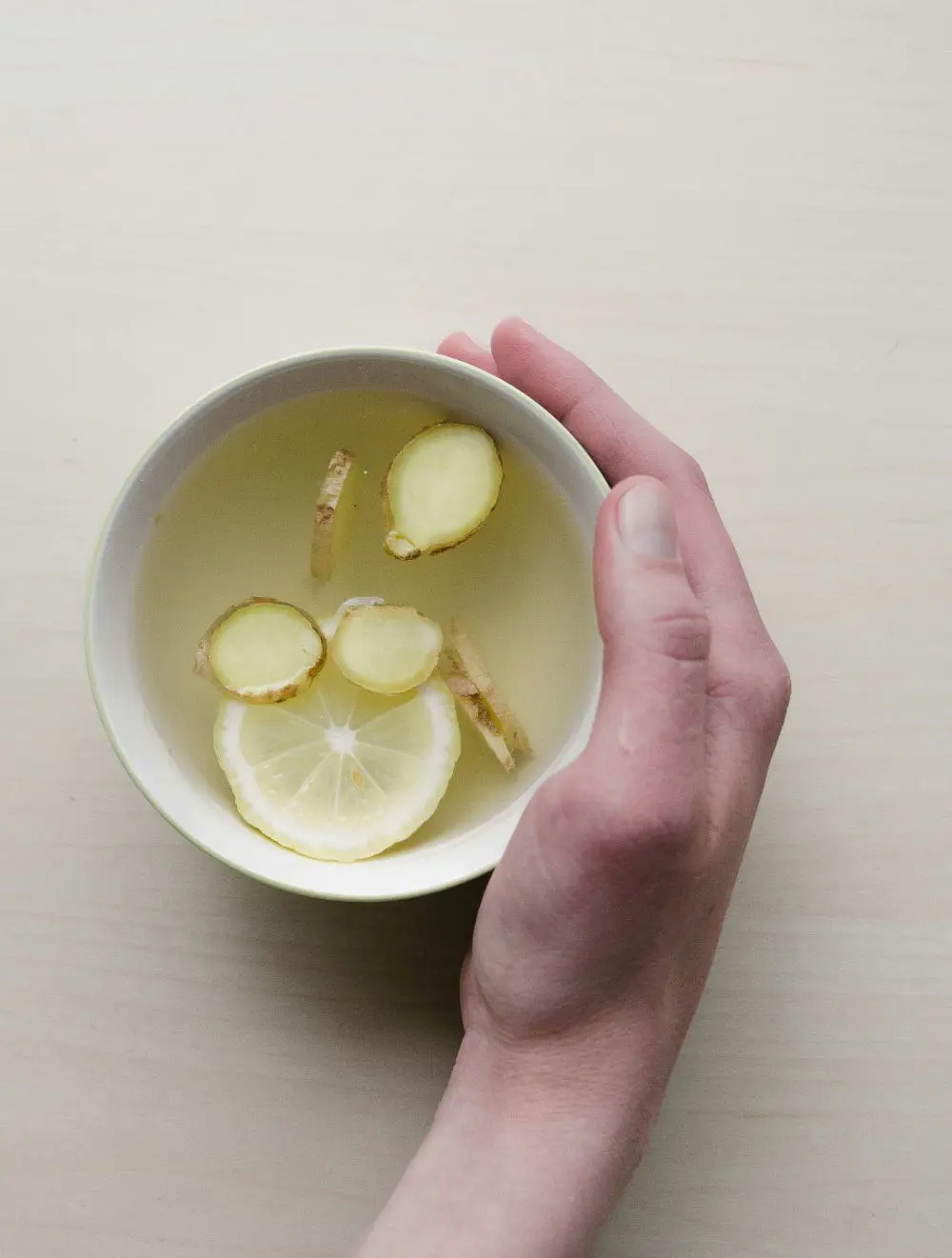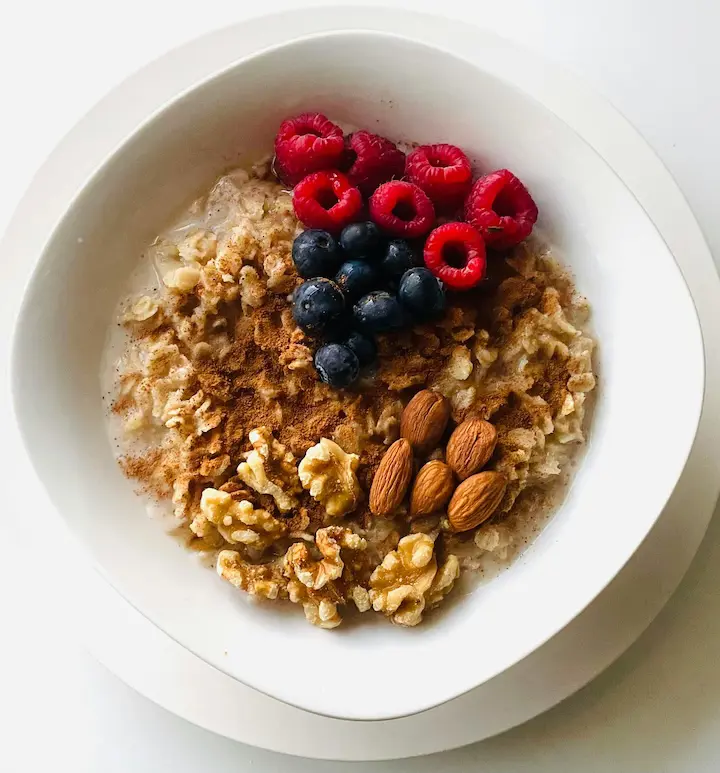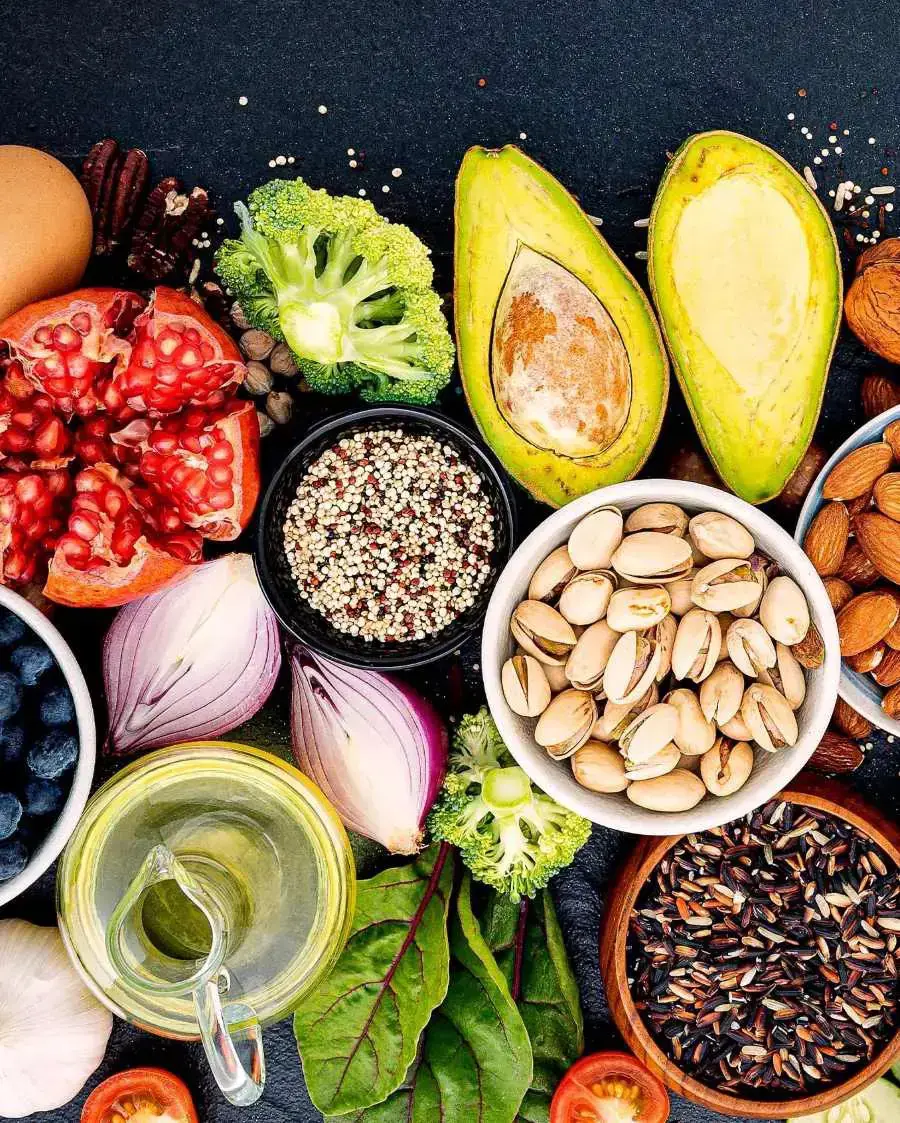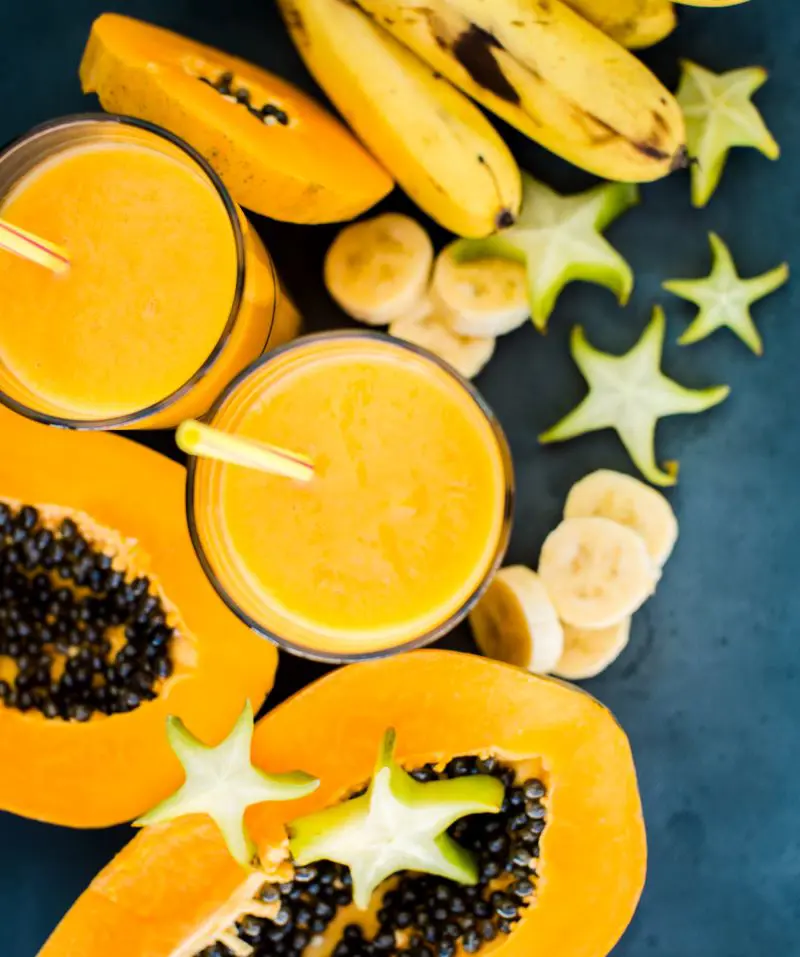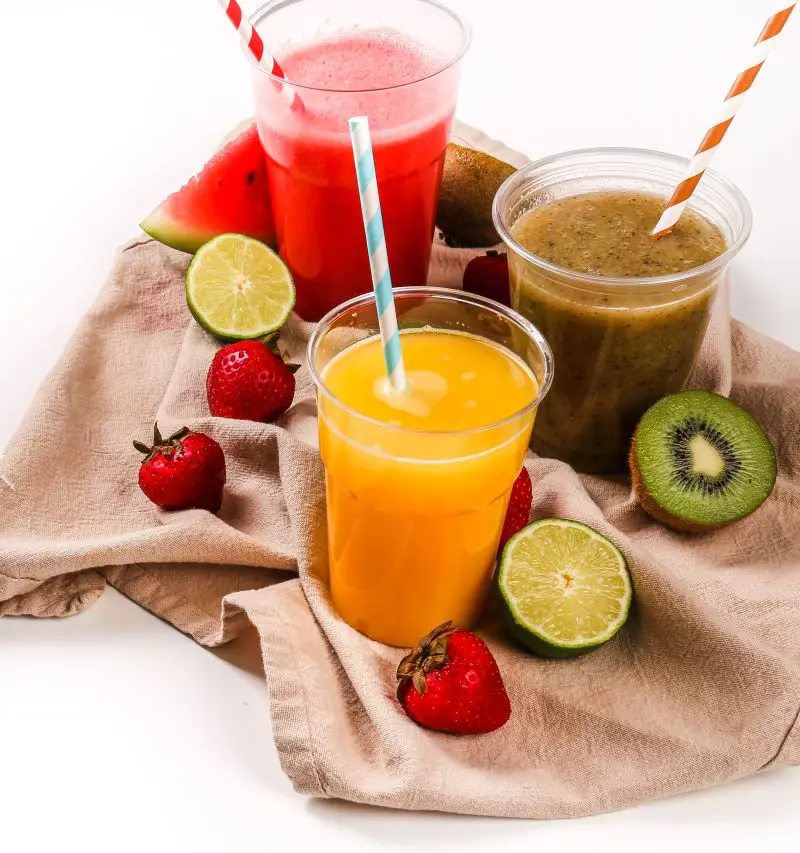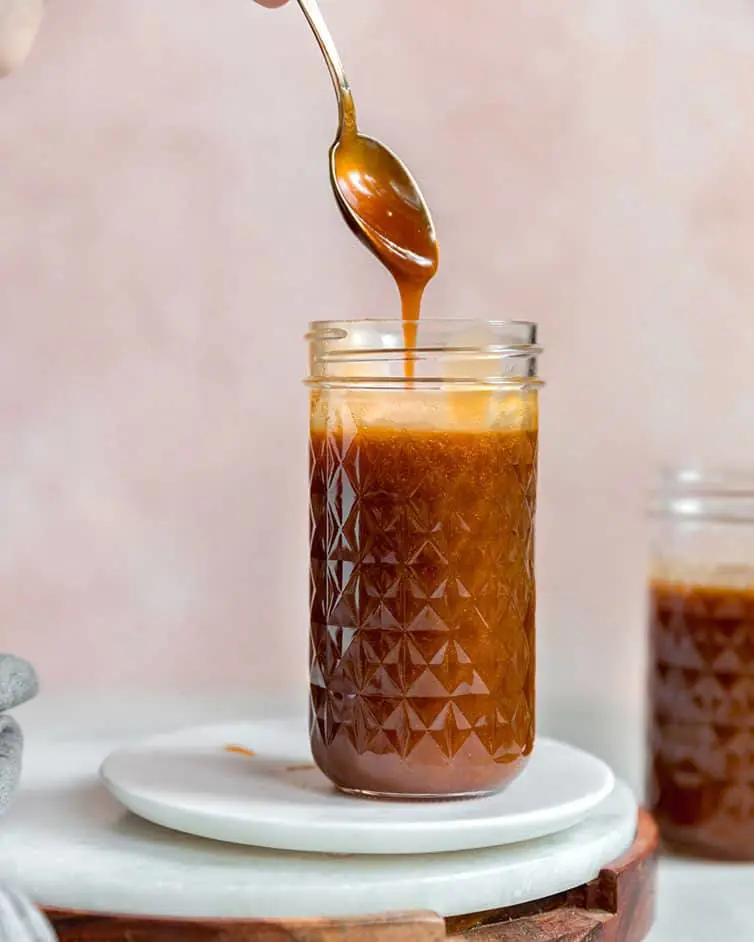Is Pumpkin Good For You
Yes, pumpkin is a healthy and nutritious seasonal vegetable. Known for its bright orange color, pumpkin is rich in different nutrients like vitamins, minerals, protein, as well as fiber.
As a result of the recent commercialization of pumpkin in terms of flavors and add-ins, many associated this seasonal harvest with being not healthy for the body. But this couldn’t be further from the truth.
Pumpkin is an easily accessible and affordable source of fiber and beta-carotene. Since it is found in abundance during the fall season, you can make the most out of it for nutrition reasons.
However, there are certain things to be considered. Some people might have an allergy to pumpkins. In this case, it is best if you avoid this. Similarly, it is known to be slightly diuretic which affects some individuals.
So, pumpkin is a nutritious addition to your diet as long as you enjoy it in moderation. Make sure to avoid commercialized pumpkin-flavored which contain large amounts of sugar.
